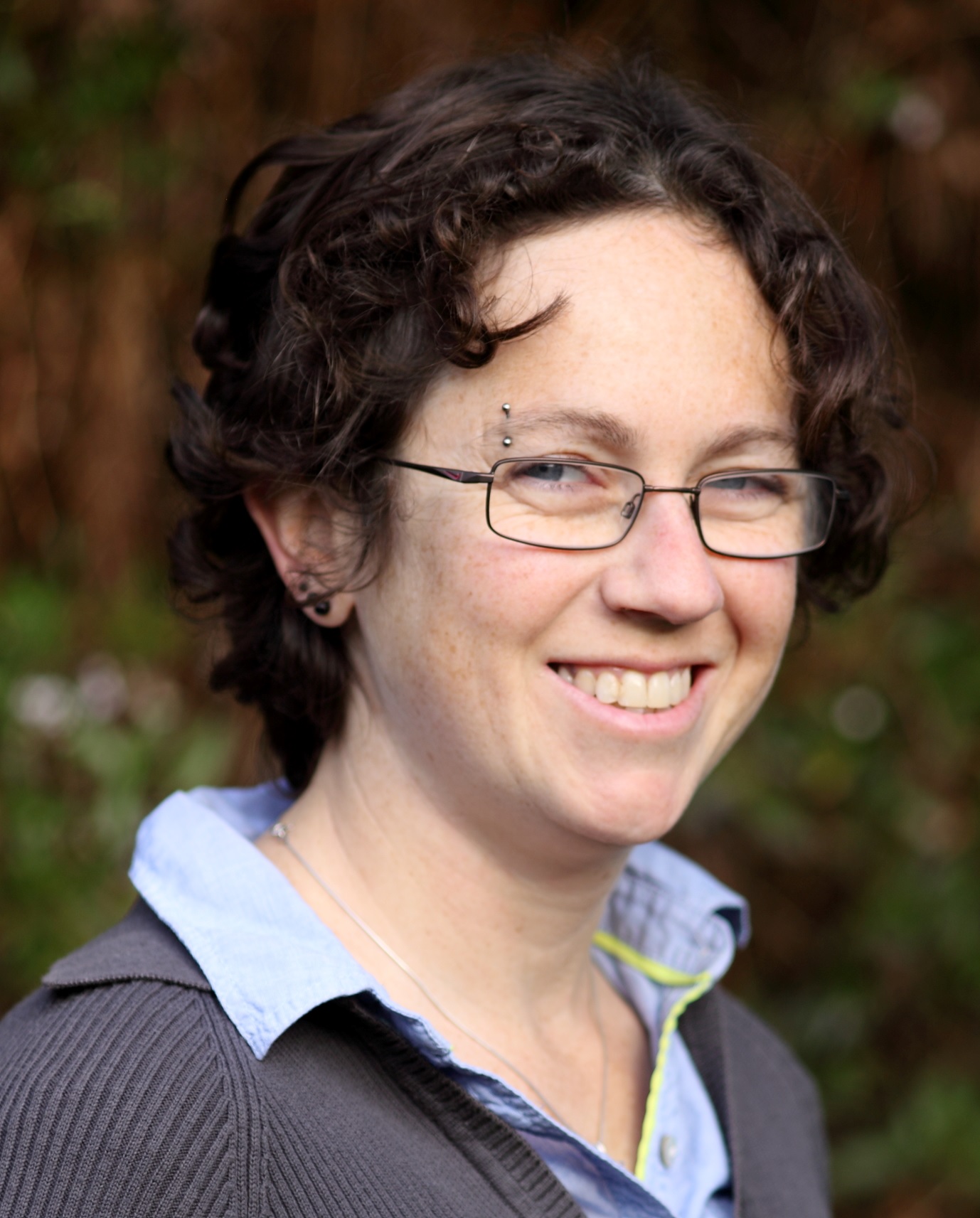 A new faculty member, Dr. Ilana Nisky from Stanford University, will be joining the Department of Biomedical Engineering as a Senior Lecturer in August this year.
A new faculty member, Dr. Ilana Nisky from Stanford University, will be joining the Department of Biomedical Engineering as a Senior Lecturer in August this year.
Ilana will establish a medical robotics lab where together with her students, she will apply neuroscience theories about the surgeon's sensorimotor coordination, adaptation, and learning in the development of human-operated medical and surgical robotic systems. They will also use medical robots as a platform to understand the human sensorimotor system in real-life tasks like surgery. This research will improve the quality of treatment for patients, will facilitate better training of surgeons, advance the technology of teleoperation and haptics, and advance our understanding of the brain. Ilana will contribute to research efforts in human motor control, neuroscience, and medical and cognitive robotics on our campus.
In the recent years in Stanford, Ilana studied how the dynamics of the da Vinci Surgical System (Intuitive Surgical Inc.) master manipulator alters the movement coordination of experienced and novice surgeons. She found fundamental differences between experienced and novice surgeons even in very simple non-clinical movements. These differences likely resulted from the internal representation of the dynamics of the manipulator that the experienced surgeons have formed in their motor system while manipulating the robot during their training and during the performance of surgical cases. This study was performed in close collaboration with Prof. Michael Hsieh, a pediatric urology surgeon at Lucile Packard Children’s Hospital, and was recently published in Surgical Endoscopy [link to the paper [She won the best poster award at the IDEAS: “Surgical Robotics: From Principles to Practice" symposium for presenting the results of this study. Her research in Stanford was funded by the FP7 Marie Curie International Outgoing Fellowship, and the Weizman Institute National Postdoctoral Award for Advancing Women in Science.
Ilana received all her academic degrees from the Department of Biomedical Engineering at BGU, was the best student of her class, and received the Rector and Dean of Engineering excellence awards several times during the course of her studies, the Wolf, Zlotowski, and Ben-Amitai prizes for excellent research, and the Kreitman and Clore fellowships. During her PhD under the supervision of Prof. Amir Karniel, she studied the effect of force feedback delay in bilateral teleoperation on the perception and action of the operator.
